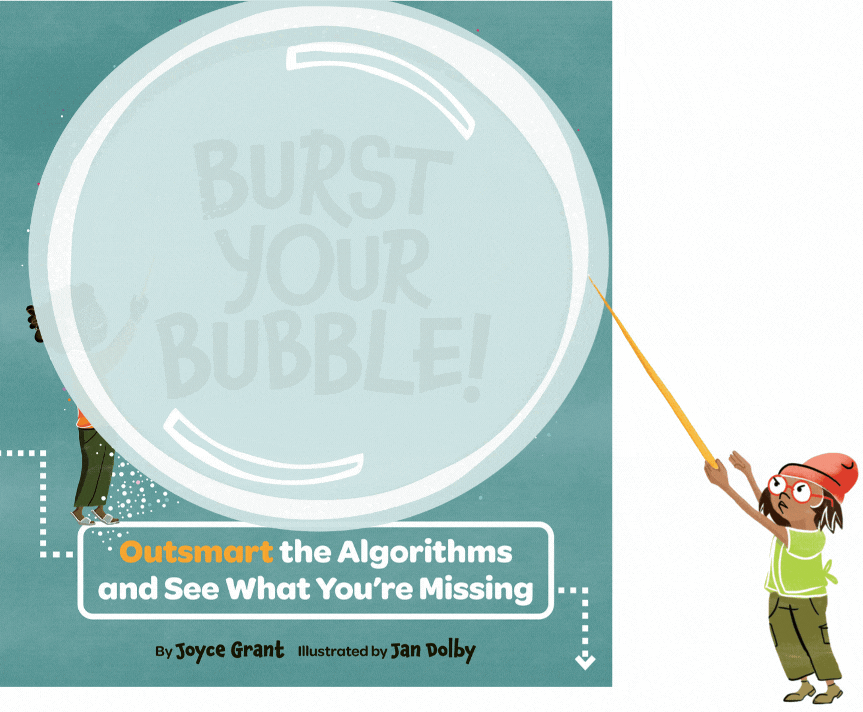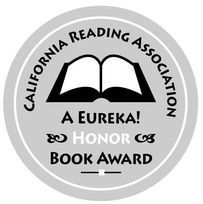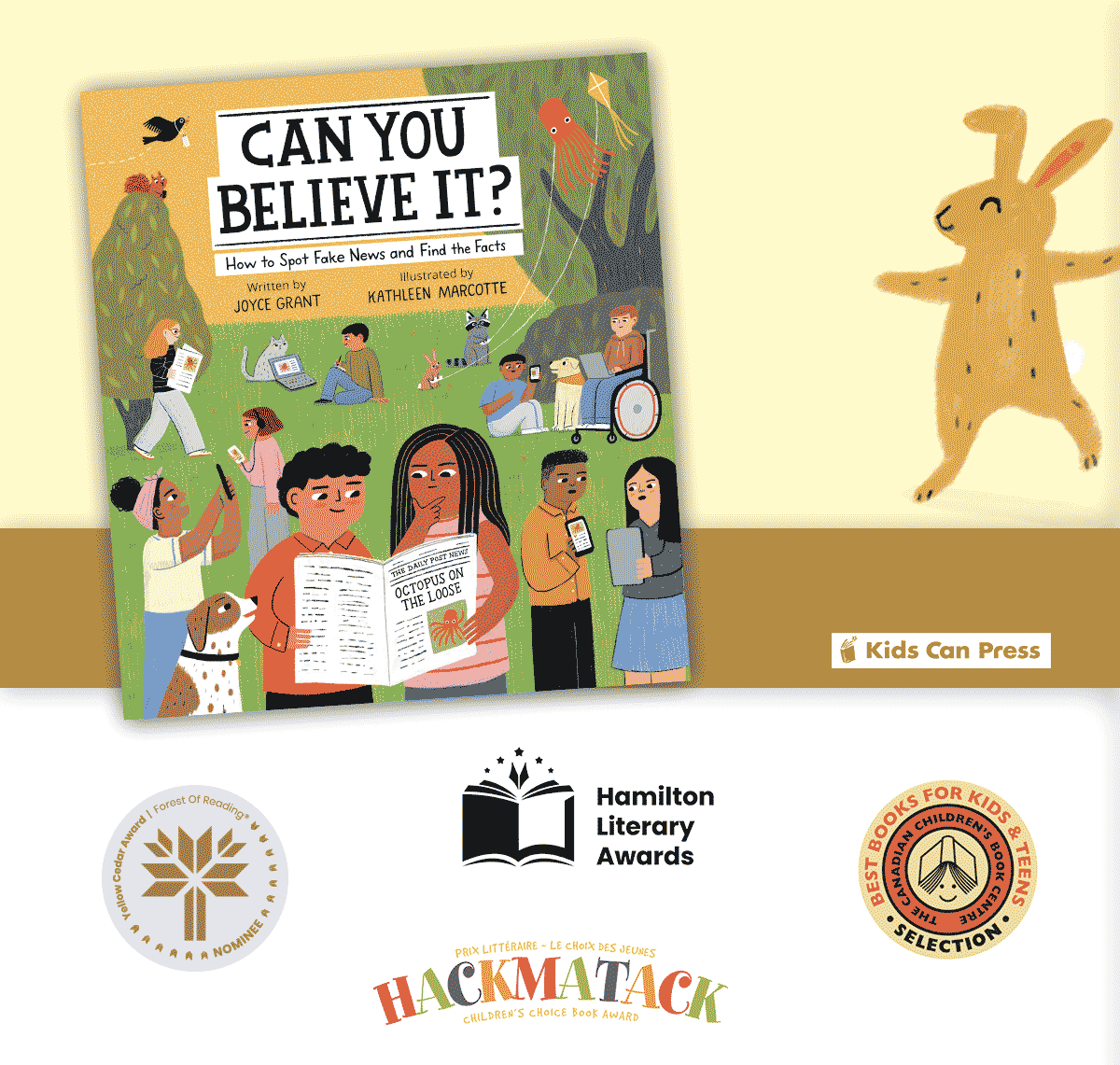 The key is to make it relevant to your child.
The key is to make it relevant to your child.
Here’s what I mean.
“Discuss Shakespeare’s attitude towards women in his plays.”
Think about it this way:
-If you’re a girl, put yourself in the picture. Become Portia, Ophelia. Are you happy with the way you’re being portrayed? Why or why not?
-If you’re a boy, imagine yourself about to marry Juliet. Is she interesting to you? Why or why not?
This makes the question relevant for the child. Now, he or she can write about whether Shakespeare’s depictions are realistic, or misogynistic, or somewhere in-between.
Another example:
“Discuss violence in hockey.”
Let’s say your child hates sports. Well, maybe he likes video games.
So mentally reframe the question: “Discuss violence in games and sports.” Now he can lead into the question with something more interesting to him – what if video games were completely non-violent? What would they look like? And then – what would hockey look like?
Of course you have to come back to the original question, but in the middle there the child can choose something more interesting to them, and make comparisons.






Great advice!! No doubt this will help many budding essayists (and their parents and teachers)!
Excellent! I can apply these to my niece and nephews. Reading makes them learn and enhance their critical thinking. And after wards, they deserve some playing Download Games, I think.